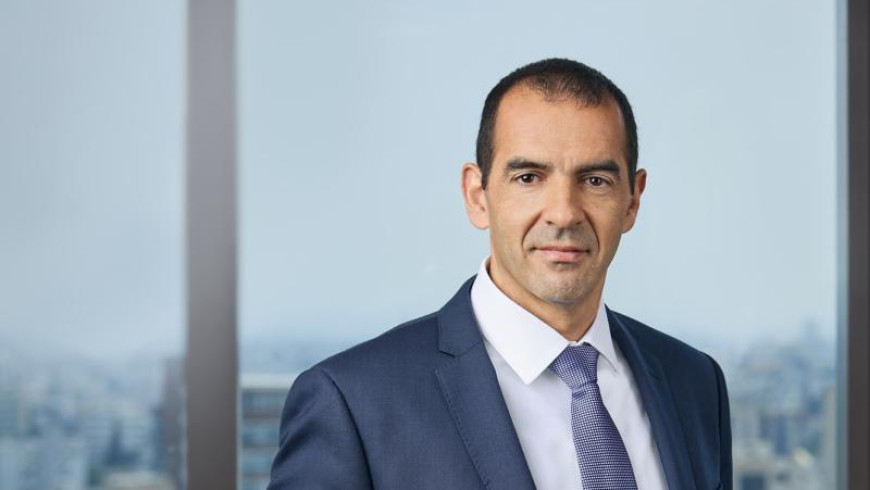
Banks are struggling to reduce the finance risks and the bad debts that appear in their results for the past three years. On his interview to StockWatch, Laiki Group General Manager, Christos Stylianides analyzed the bank’s plans for the reduction of the bad debts and explained the reason why is the Group more hesitant to approve a financing in the tourist and construction sectors, excluding the house loans.
Mr. Stylianides said that the reasons differ in each case. The tourist sector appears more problematic due to the sharp competition on the one hand, while the construction sector shows signs of overheating. Within the framework of its efforts to reduce the credit risk, the Popular Bank proceeded to the dispersion of danger with the granting of loans to companies which are actively involved in sectors that have more development prospects.
Criteria
Criteria such as the condition of a company, the ability of its members and the sectors in which the company is actively involved have become more important for the Popular Bank. The Bank now reviews the financial results of the company, its knowledge for the sectors of economy and its customers, so that it ensures that its investments are profitable.
The Group also attempts to improve its culture on the payment of loans with the briefing of its customers and the imposition of fines, after the introduction of stricter regulations by the Central Bank.
Operating cost
“The increase in operating cost by 9% in the first half of 2004 is satisfactory, taking into account the expansion of the bank abroad and the increase in its revenues by 14%”, Mr. Stylianides said.
With regard to the tax amnesty, Mr. Stylianides said that the bank has already informed the customers that have expressed their interest. Although he appeared quite restrained on the effects that the tax amnesty will have, Mr. Stylianides said that the effects will be positive. However, the growth rate for 2004 will amount to 2.5%. “Much capital will be invested in companies, mutual funds abroad, the CSE and properties”, he concluded.
Mr. Stylianides said that the reasons differ in each case. The tourist sector appears more problematic due to the sharp competition on the one hand, while the construction sector shows signs of overheating. Within the framework of its efforts to reduce the credit risk, the Popular Bank proceeded to the dispersion of danger with the granting of loans to companies which are actively involved in sectors that have more development prospects.
Criteria
Criteria such as the condition of a company, the ability of its members and the sectors in which the company is actively involved have become more important for the Popular Bank. The Bank now reviews the financial results of the company, its knowledge for the sectors of economy and its customers, so that it ensures that its investments are profitable.
The Group also attempts to improve its culture on the payment of loans with the briefing of its customers and the imposition of fines, after the introduction of stricter regulations by the Central Bank.
Operating cost
“The increase in operating cost by 9% in the first half of 2004 is satisfactory, taking into account the expansion of the bank abroad and the increase in its revenues by 14%”, Mr. Stylianides said.
With regard to the tax amnesty, Mr. Stylianides said that the bank has already informed the customers that have expressed their interest. Although he appeared quite restrained on the effects that the tax amnesty will have, Mr. Stylianides said that the effects will be positive. However, the growth rate for 2004 will amount to 2.5%. “Much capital will be invested in companies, mutual funds abroad, the CSE and properties”, he concluded.














 3287.99
3287.99 1275.09
1275.09
